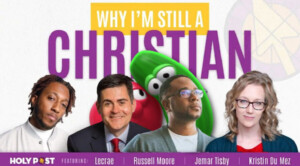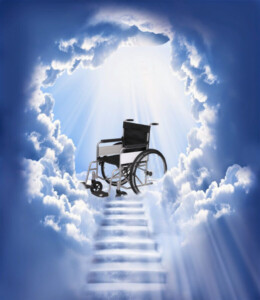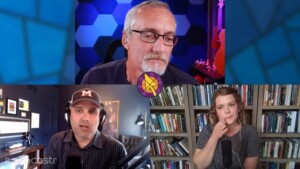
Holy Post Eulogizes Gay-Affirming Minister Tony Campolo as Being ‘Orthodox as the day is long’
In a move that should surprise few, The Holy Post Podcast, run by woke Veggie Tales Creator Phil Vischer and Skye Jethani, hosted an episode eulogizing the late Tony Campolo. Known as the Father of the Progressive Left, Tony Campolo passed away earlier this month at the age of 89. A





